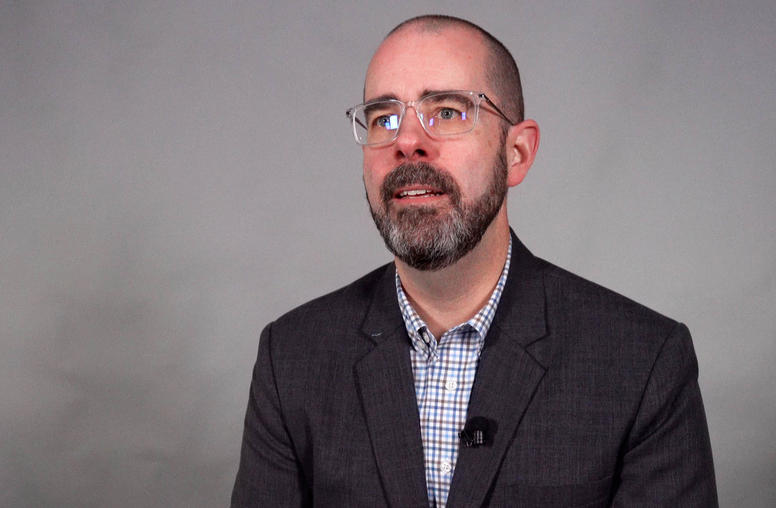The Catholic Church and Peacebuilding
Bridging the Gap Between People Power and Peace Processes
For decades, the Catholic Church has served as a mediator in high-level negotiation efforts involving governments and nonviolent movements vying for human rights, democracy, and peace. With its deep connections to communities, institutional ties to governments, and global diplomatic status, the Catholic Church is uniquely positioned to help grassroots activists and peacebuilders collectively vocalize grievances and key demands while providing guidance and managing relationships with national and local governments. While this dual role has not been formally codified and varies based on context, it has implications for the Church’s ability to support people power movements, peace processes, and conflict prevention efforts globally.
The Church is able to advance peace globally by building strategic and tactical bridges between grassroots nonviolent action and peacebuilding actors, as well as investing in their development and capacity building. But this role is not without challenges. Can the Church serve as an effective mediator while openly denouncing human rights violations and government crackdowns against nonviolent activists? Is it possible for different Church actors to effectively assume different roles in the context of popular movements for peace and democracy? What does this look like practically and what can we learn from past cases?
On September 24, USIP held an event that explored how and where the Catholic Church is able—or has the potential—to effectively support peace processes and people power movements by operating at the grassroots, engaging at the formal level, and liaising in between. The speakers shared anecdotes and stories from their rich experiences, offering an opportunity to discuss current perspectives around violence prevention and conflict transformation in the Catholic Church.
Continue the conversation on Twitter with #CatholicPeaceUSIP and #PeoplePower4Peace.
Speakers
David Yang, opening remarks
Vice President, Applied Conflict Transformation, U.S. Institute of Peace
Bishop Robert W. McElroy, moderator
Bishop of San Diego, Roman Catholic Diocese of San Diego
Scott Appleby
Marilyn Keough Dean, Professor of History, University of Notre Dame
Sergio Cabrales
Nicaraguan Fulbright Scholar and Graduate Student, University of Pittsburgh
Marie Dennis
Senior Advisor, Pax Christi International
Maria Stephan
Director, Nonviolent Action, U.S. Institute of Peace



